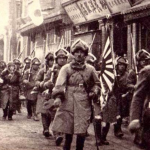
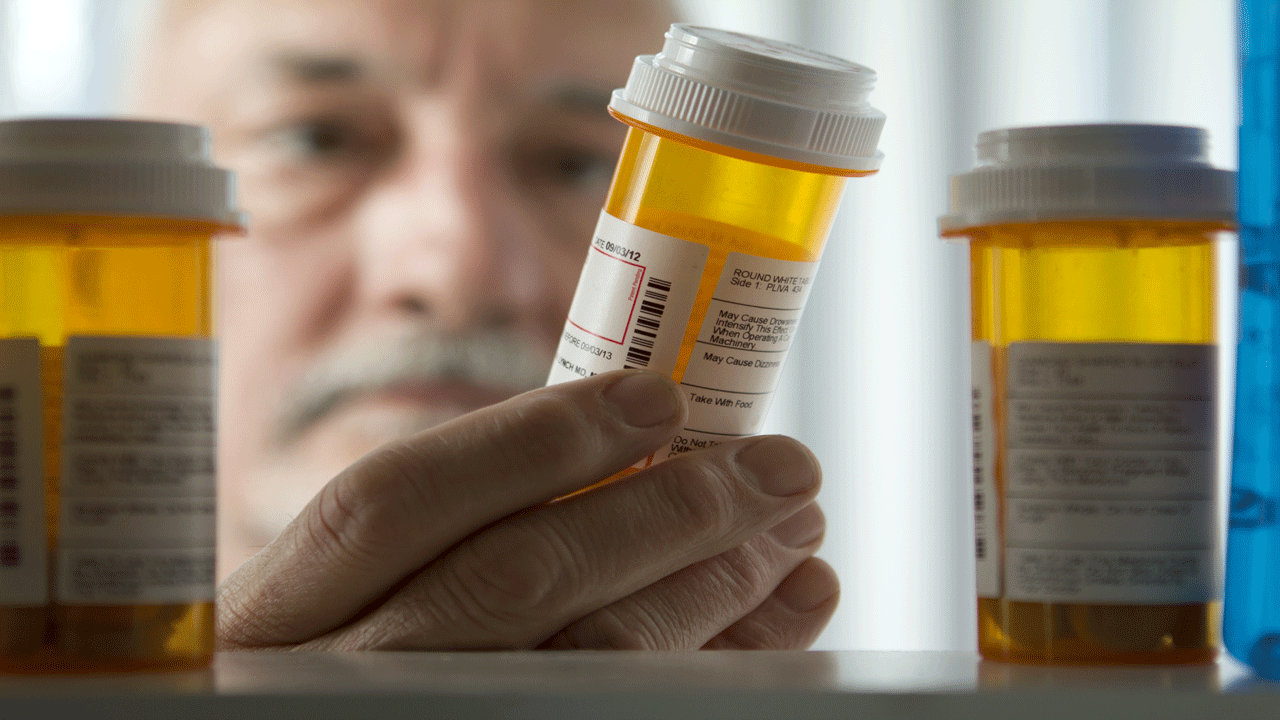
Prepping doesn’t have to be an expensive, over-the-top hobby. You can start building your survival kit without breaking the bank.
Plenty of affordable items can make a big difference when disaster strikes. It doesn’t matter if you’re new to prepping or just looking to add a few more essentials—these budget-friendly finds will help you prepare for the unexpected.
We’ve carefully selected these items based on their practicality, affordability, and necessity in a crisis. While some preppers might focus on high-cost gear, our list proves that you can be well-prepared without spending a fortune.
1. Painkillers
Painkillers are invaluable in an emergency if you’re facing an injury or dealing with something minor that’s slowing you down, like a headache. Like many of the items on this list, always buy generic painkillers.
It’s the same ingredients but at a much lower cost. You can get a massive bottle of painkillers at your local dollar store and stock up on these essential medications if needed.
2. Tissues
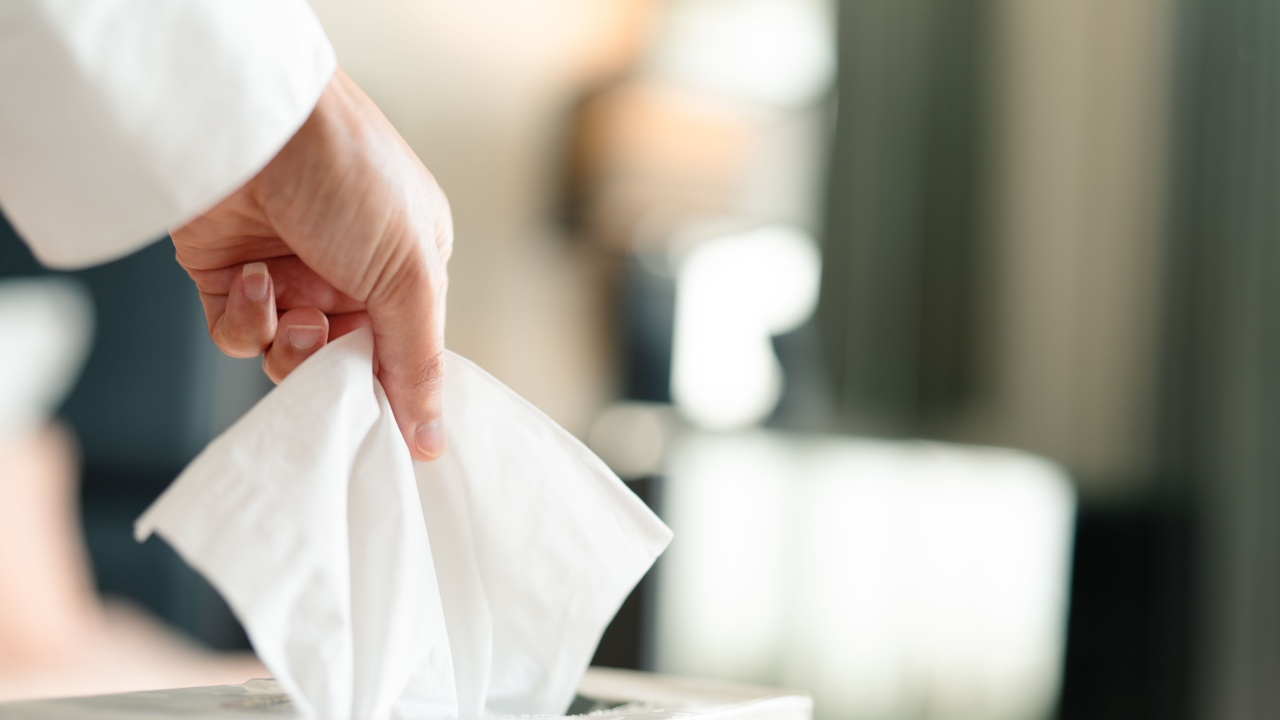
Cleaning wounds, washing yourself, and even keeping your immediate space clean requires you to have something absorbent on hand.
While paper towel prices continue to rise and remain exorbitant, tissues are relatively cheap, and stocking up on boxes or even travel packs is easy. You never know when or where you might need them!
3. Duct Tape
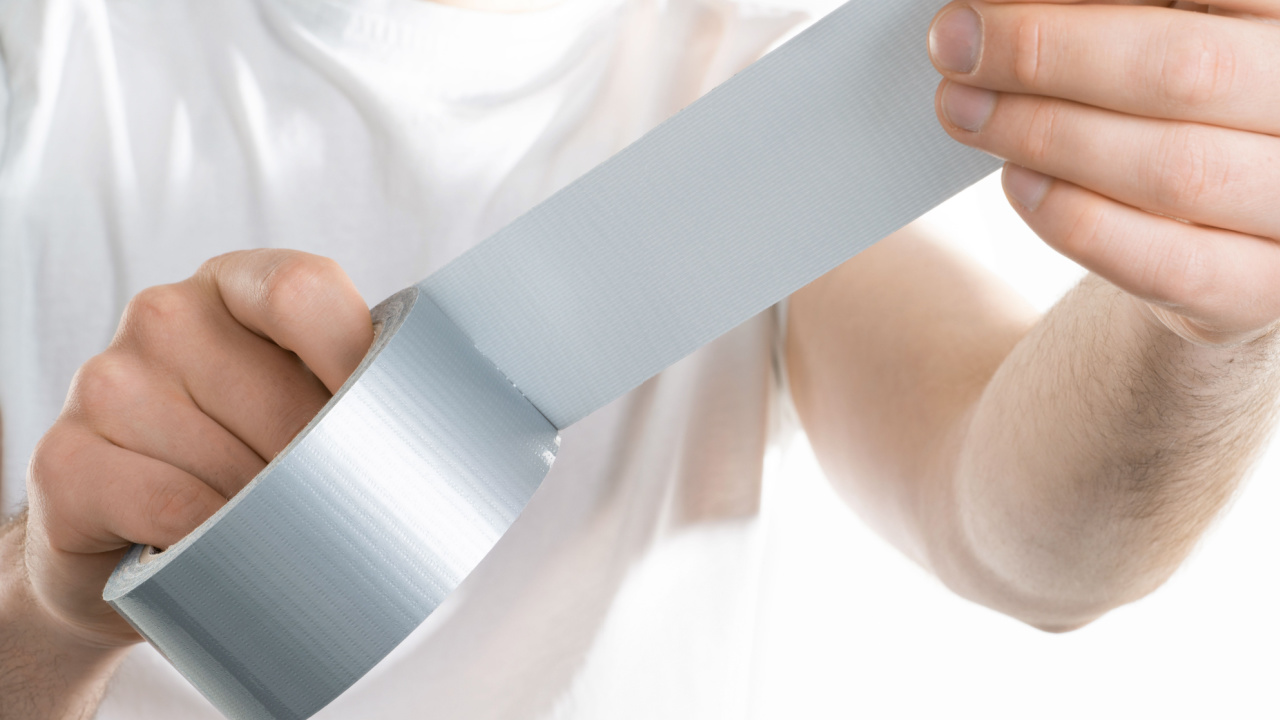
Duct tape is an extremely versatile prepping tool that you should always have on hand. It can be used to temporarily fix important items in your kit or even secure wounds, and you can easily find cheap rolls of duct tape to make sure that it’s always at your disposal.
Remember that there are different types, so you may want to stock up on several to have what you need for various applications.
4. Aluminum Foil

Aluminum foil is used for far more than just food storage. It is useful for cooking and starting a fire and can provide some insulation in a pinch.
Aluminum foil is the cheapest when you buy generic brands, and you should always go for the longer and wider rolls, as these will prevent you from encountering any issues or limitations you might see with smaller and less wide rolls.
5. Water
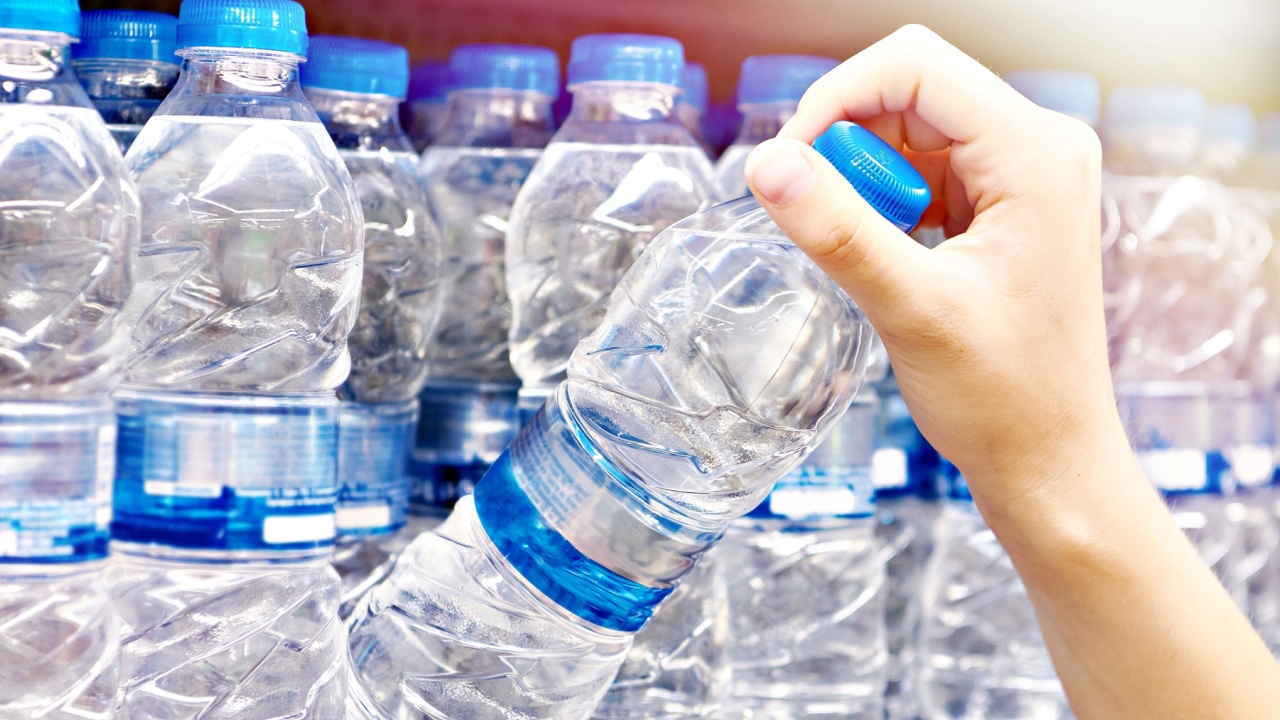
Stockpiling water costs will vary depending on your approach, but it’s typically quite affordable. If you want drinkable water without having to do much on your end, buying gallons at your local grocery store is a cheap way to have emergency water rations when needed.
If you want to save even more, bring your bottles and fill them with tap water. Just make sure you switch out your water every six months and properly disinfect your water and containers if you go the latter route.
6. Canned Food
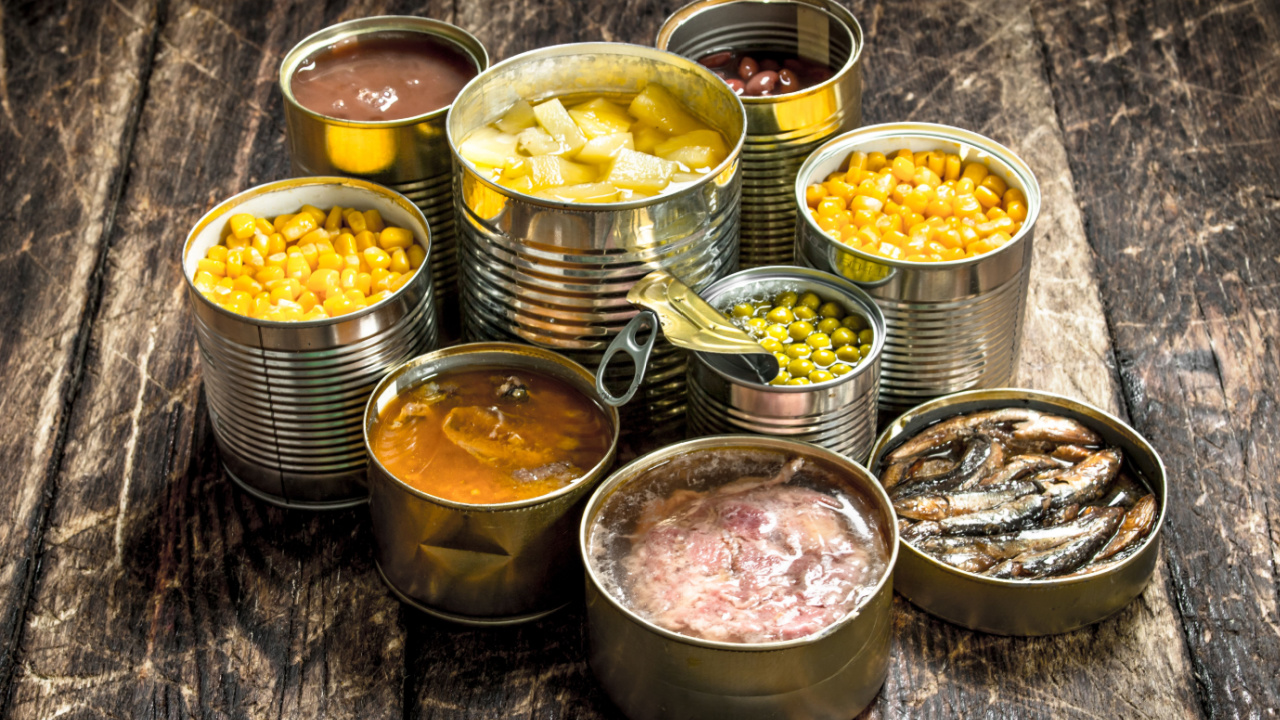
Some of the most popular prepping food items are 72-hour meal kits and other ration bundles that can last a while. The problem? These can be a costly investment, requiring you to spend well over $100.
On the other hand, canned food is cheap, lasts a long time, and can be eaten right out of its container. Dollar store canned food is the most affordable, but you’re sure to find cheap vegetables, canned meat, and more at your local grocery store.
7. Cotton Balls
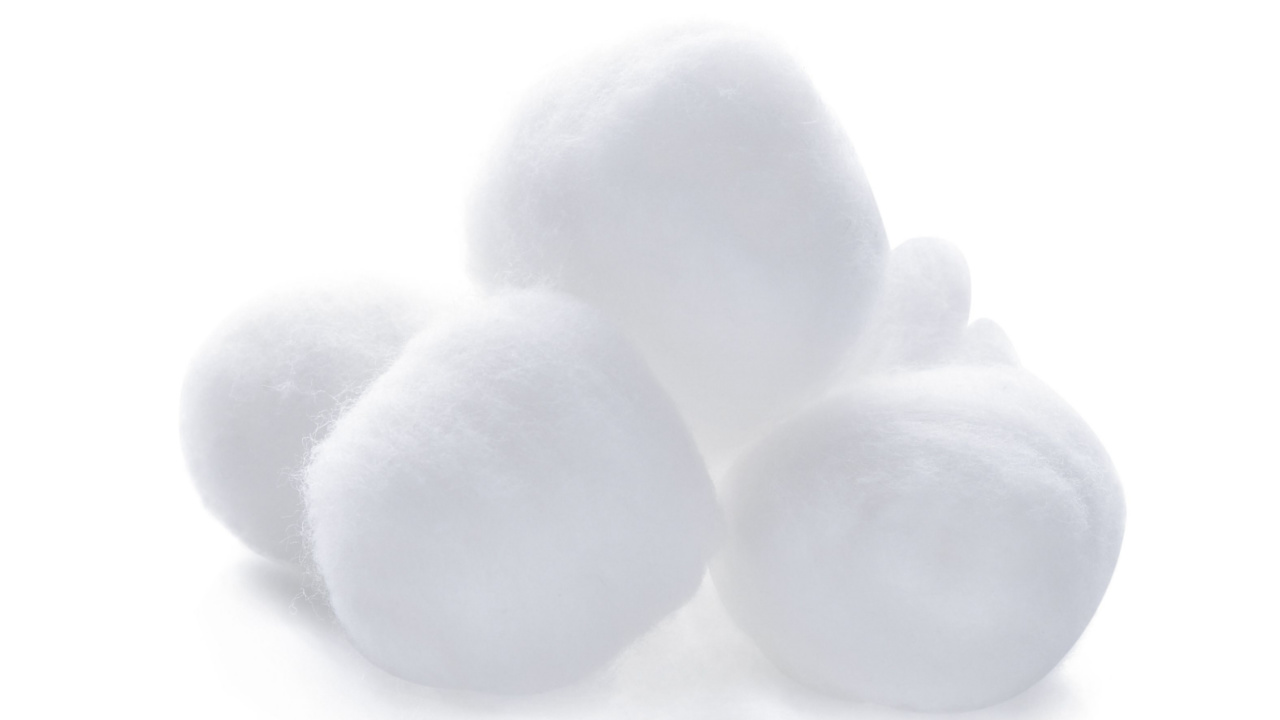
Cotton balls might not seem like a useful emergency tool, but they’re great if you need to start a fire, clean wounds, or stop bleeding. Better yet, they’re extremely cheap—you can buy loads of cotton balls for less than a dollar.
If you’re looking to be even more frugal, you can always keep the cotton balls you find in your OTC medications and stockpile them as extras!
8. Batteries

Solar power is the best form of power. However, portable panels and the power stations required to store solar power are a major investment. If you’re just starting and working with a limited budget, getting all the batteries you’ll need to power walkie-talkies, flashlights, and other essential electronics is a more viable alternative.
The key here is to buy in bulk and to avoid major brand names if possible. If you would prefer to have brands you can rely on, look at warehouse clubs or home improvement retailers that may offer bulk batteries for cheaper.
9. Seeds

Depending on the reason for using your prepping stockpile, growing your own food may be important. Fortunately, seeds are cheap regardless of which vegetables, fruits, or herbs you want to grow.
Just make sure that you also have the cheap pots and soil needed to get things started and that you know how often to switch out seeds so that they don’t expire and become useless.
10. Matches and Lighters
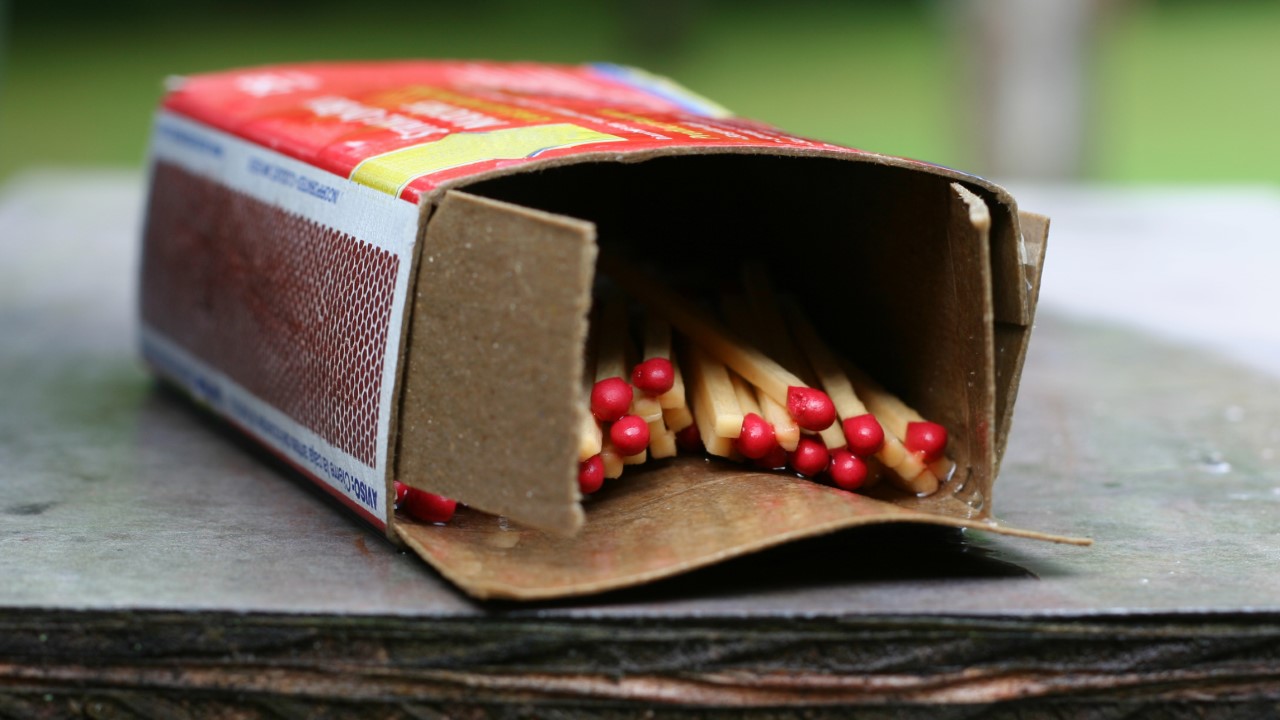
Matches and lighters are crucial items that will keep you warm and safe no matter where you find yourself. Matches are very cheap, and you can buy boxes and matches for only a few dollars.
But don’t count lighters out of the equation just because they tend to be a little bit more expensive. Lighters are fairly cheap, too, and can save you if your matches get wet or don’t light up as you anticipated.
11. Lip Balm
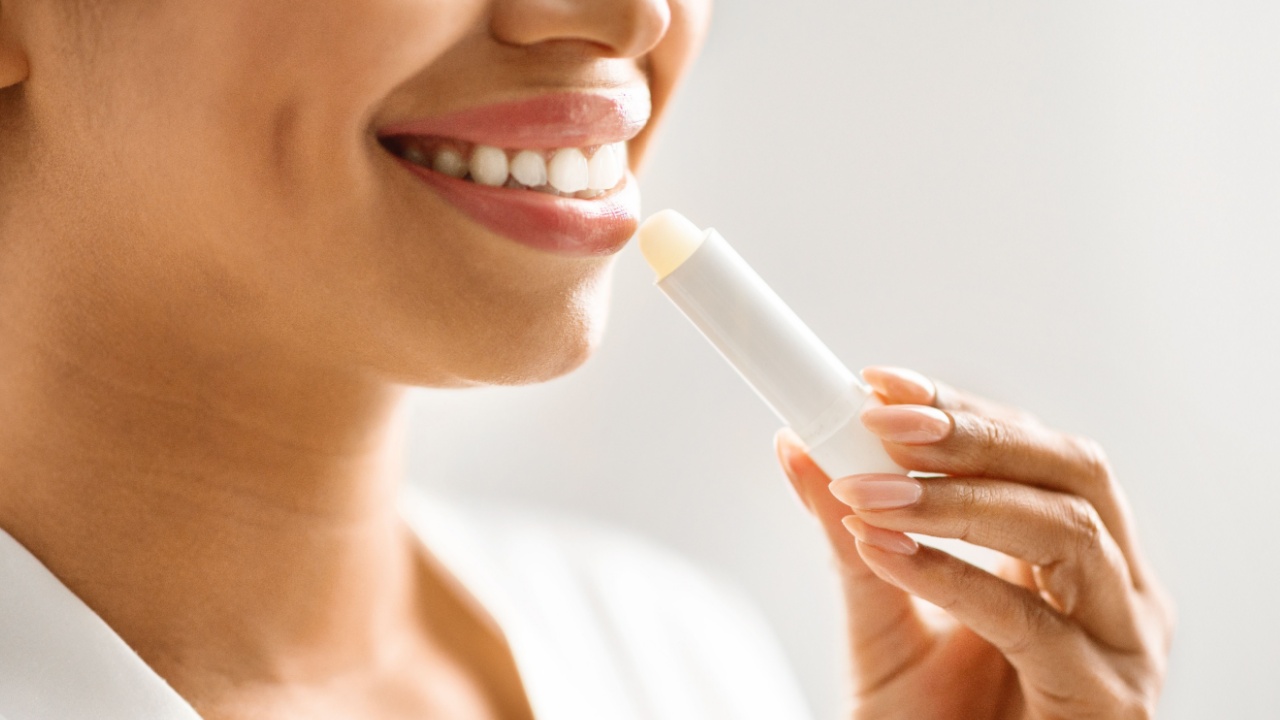
Chapped lips might not be a major concern in an emergency, but having lip balm on hand is still important. It can soothe chapped lips and even serve as a makeshift candle. Look for inexpensive stick or small-container lip balm, which will be especially useful in emergencies.
12. Grains

Things like pasta, oats, and other grains are non-perishables, which are a staple in any food stockpile that you’re currently working on. Because of their nature, they’re also quite cheap, making it easy to find 16-ounce boxes of pasta and bags of rolled oats or oat snacks that you can munch on for a quick energy boost.
Make sure you have a good balance of grains that need to be prepared and grains that can be eaten when you need something you don’t have to make.
13. Coffee Filters
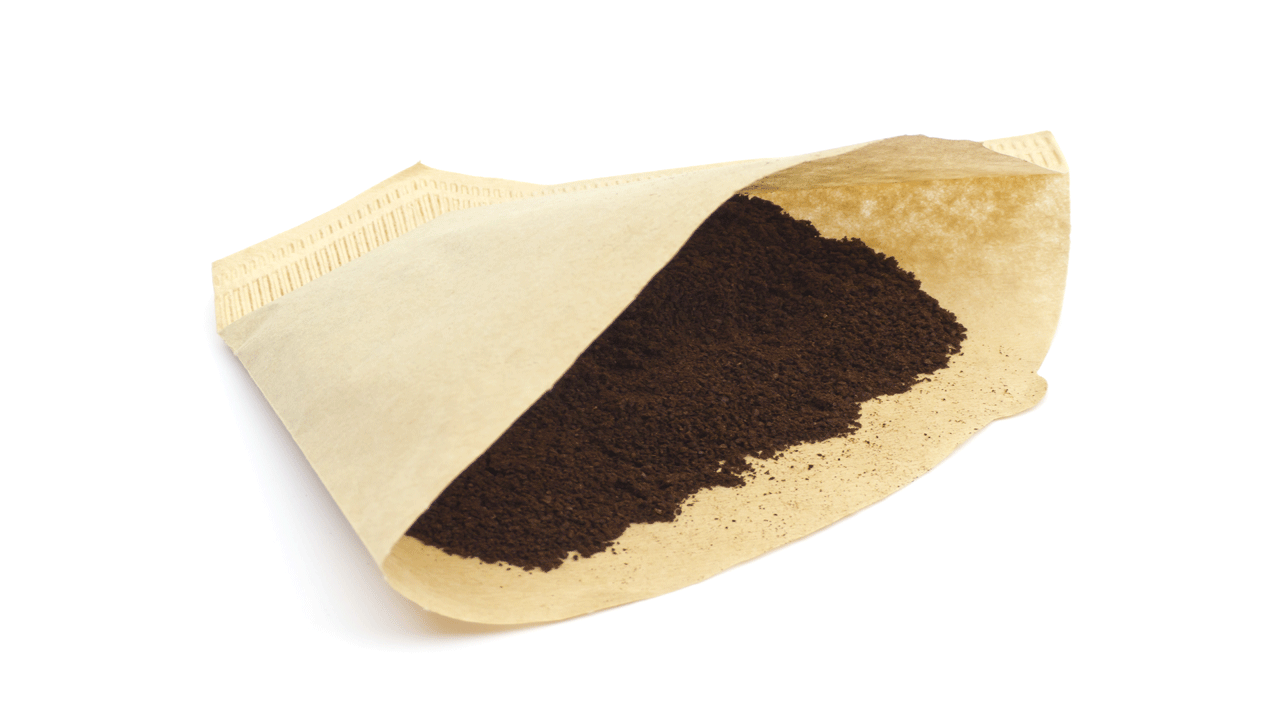
Coffee serves as an essential energy boost, and coffee filters are needed to make coffee. Beyond that, coffee filters are also excellent fire starters and can help you strain dirt and other contaminants from liquids you might be looking to drink or use. You can get a stack of coffee filters for a few dollars. The more, the merrier!
14. Baking Soda
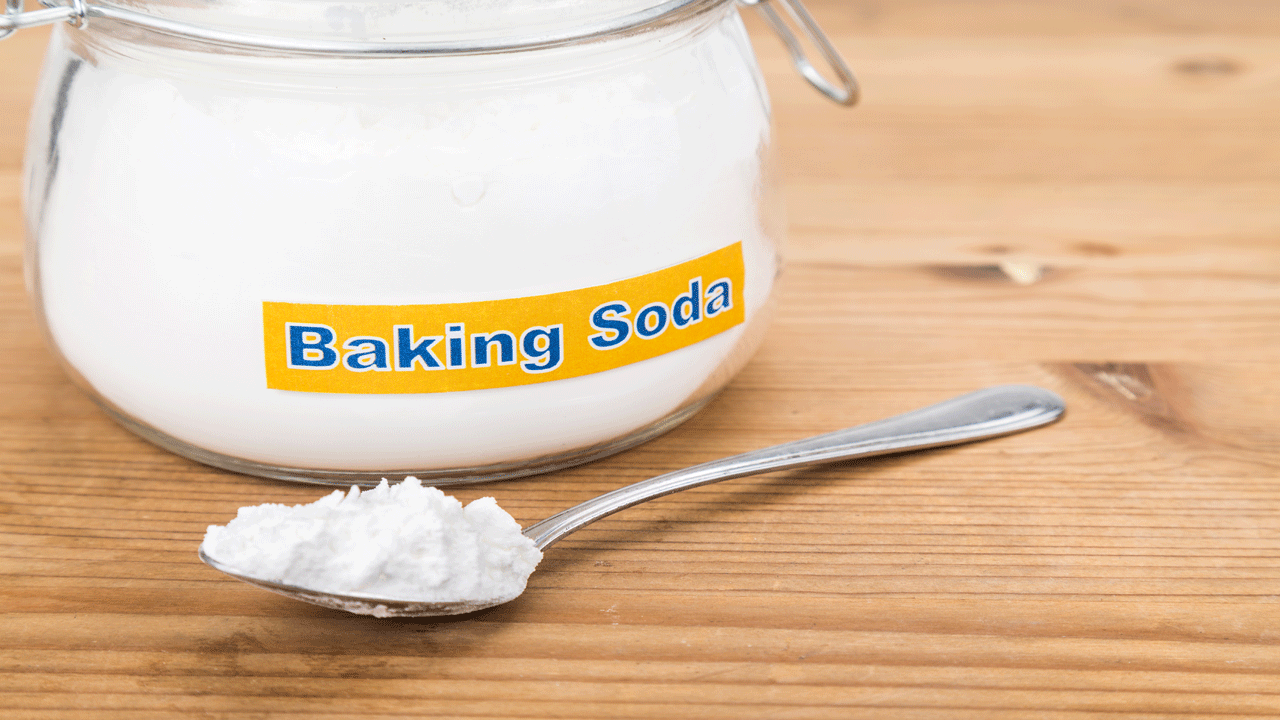
Do you have baking soda on your prepping stockpile list? If not, you’re missing out on something essential to your health and well-being. Baking soda is often used to treat wounds and irritation, clean teeth when toothpaste isn’t available, and address internal issues like indigestion.
Baking soda is cheap, but make sure you’re buying baking soda that you can properly store rather than baking soda designed to keep spaces smelling fresh.
15. Sunscreen
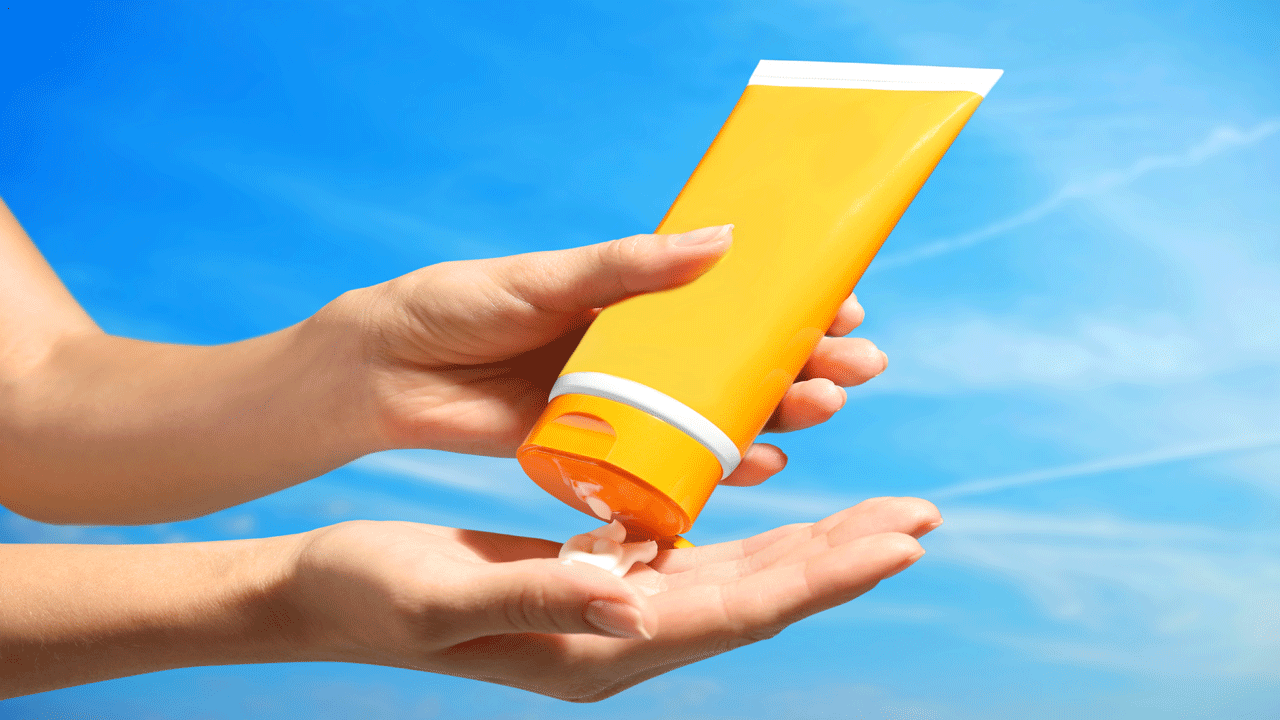
Sunscreen isn’t at the top of most prepping lists because people don’t think about sun exposure. While we all know the long-term risks, the short-term side effects of daily sun exposure can be severe damage to the skin that’s painful, slows you down, or even causes blisters and infections.
Sunscreen comes in sprays, sticks, and the traditional lotion form, which are typically within budget for most.
16. Sewing Kits
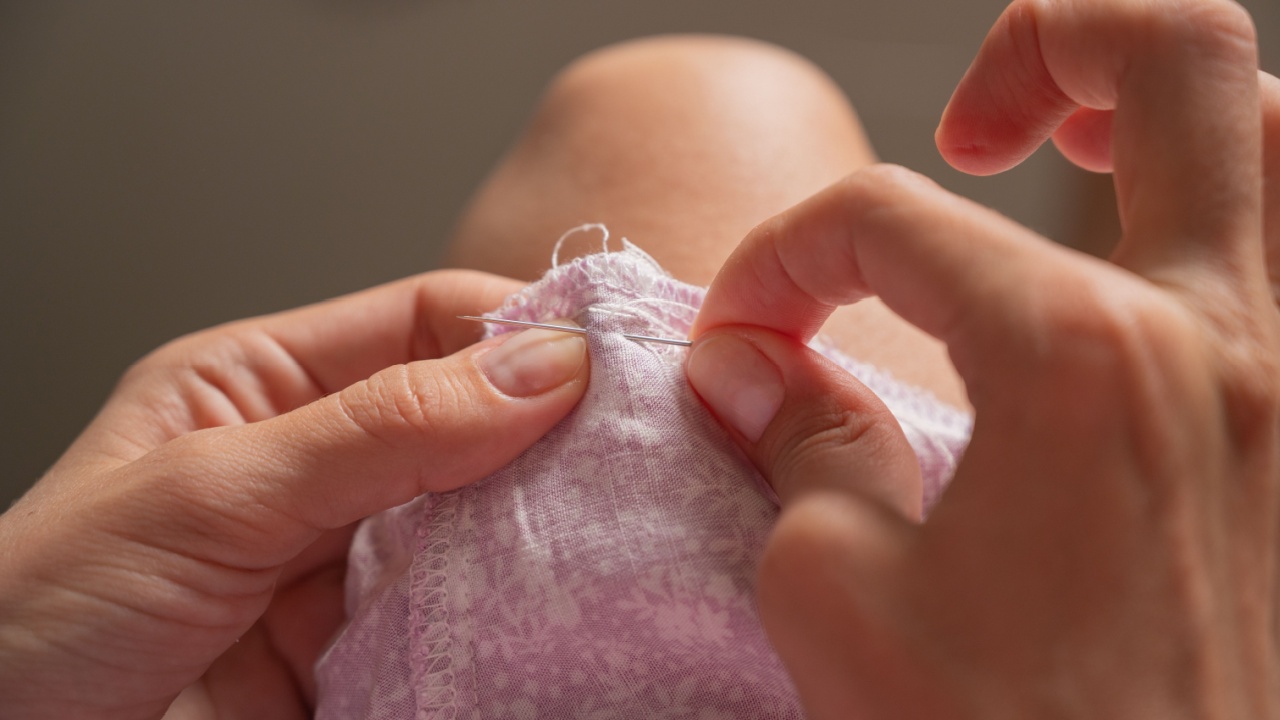
Sewing is a skill that everyone should master to keep clothes and other items in good condition. Sewing kits are cheap and ensure that you have what you need for quick fixes.
That said, individual sewing supplies are quite cheap, too, and you may want to stock up on these items so that you have a more extensive collection of sewing goods to choose from should you need them.
17. Bar Soap

Body wash is a personal hygiene product that seems to get gradually more expensive with time, but bar soap remains quite cheap when you stick to lesser-known brands and unscented options. Bar soap is still quite portable and can be used whether you’re washing your body or keeping your hands clean to prevent illness.
If you want to learn a new skill, you can affordably make your own bar soap with oil, water, and lye.
18. Shoe Laces

Shoelaces are very cheap items that are great when you need to replace the current laces in your shoes. But beyond their obvious application, you can use them to secure items, hang things from trees, and even help you make a makeshift tourniquet.
19. Zip Ties
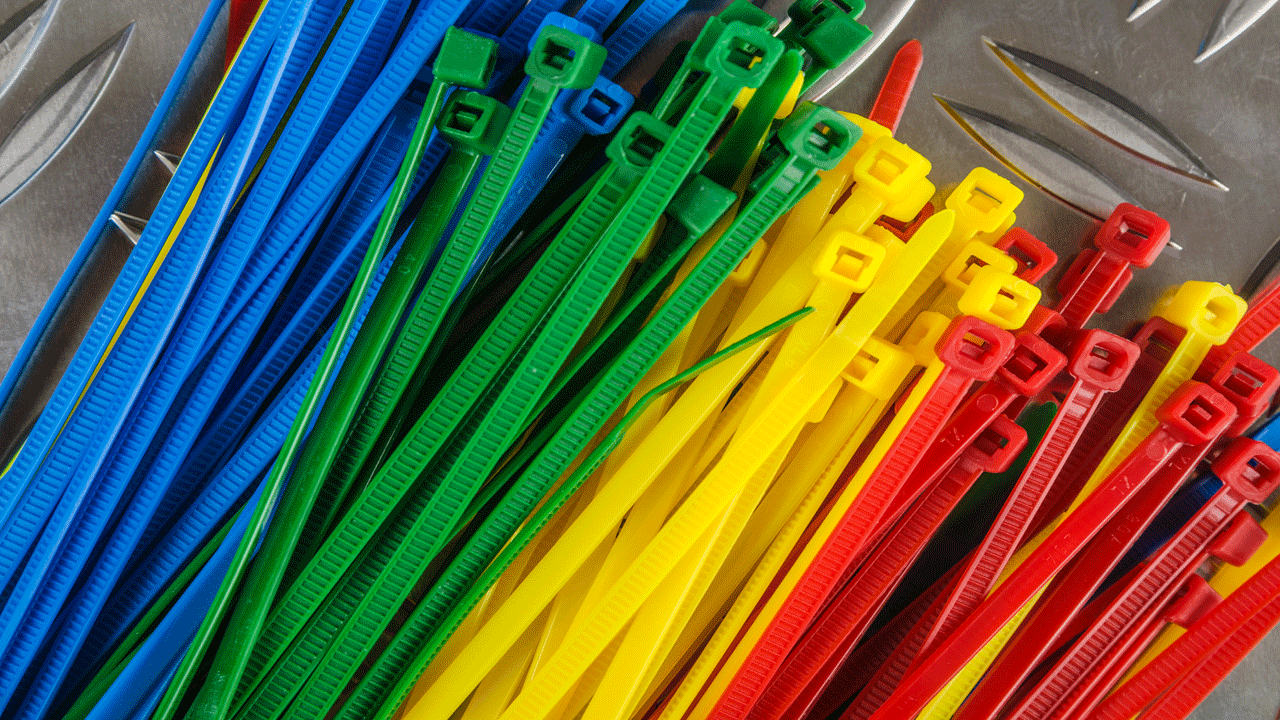
While shoe laces are smart to have, so too are zip tips. They are super cheap but can be used to hold almost anything together securely.
They come in various lengths, so be sure to get long and short versions. And here is a bonus tip: pick up a pair of scissors or a cutting tool, as you’ll need these to cut the zip tie.
20. Disinfectants
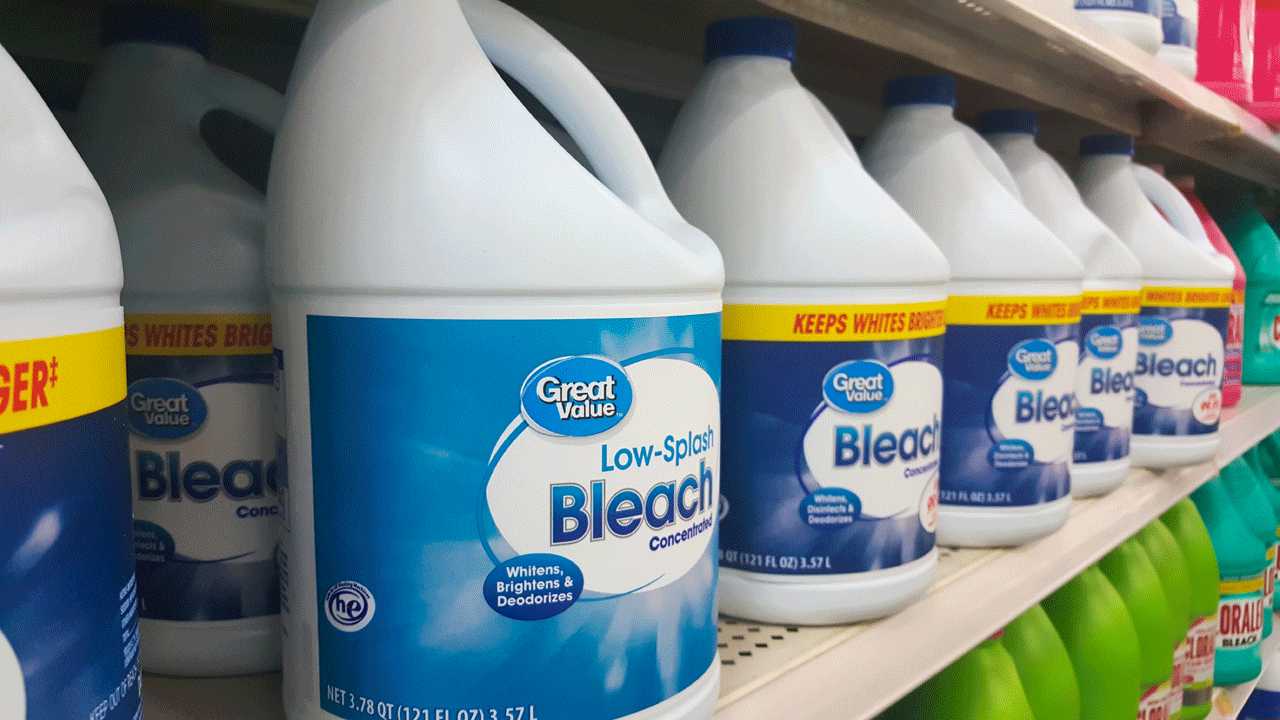
Disinfectants like bleach and isopropyl alcohol are crucial for disinfecting water and cleaning wounds. While vinegar is useful for general cleaning, it is less effective for disinfection than bleach and alcohol.
You can buy jugs of bleach and isopropyl alcohol at relatively low prices, and they have a long shelf life, so you won’t need to replace them frequently.
21. Beeswax

Do you have blocks of beeswax sitting around? If not, you just might when you learn how handy they can be. Beeswax can be used to make salves, candles, and lotion, and they’re an excellent lubricant for homemade floss or even to prevent some of your emergency tools from rusting.
Blocks of beeswax are relatively cheap. Like honey, beeswax also lasts nearly indefinitely when stored properly.
22. First Aid Supplies

While this is a broad category of items, they remain inexpensive. First aid supplies like bandages, gauze, tape, and even over-the-counter medications are much more affordable than you might expect.
Purchase these items from your local dollar store and avoid the more expensive first-aid kits you often find online.
23. Toothpaste and Dental Hygiene Goods
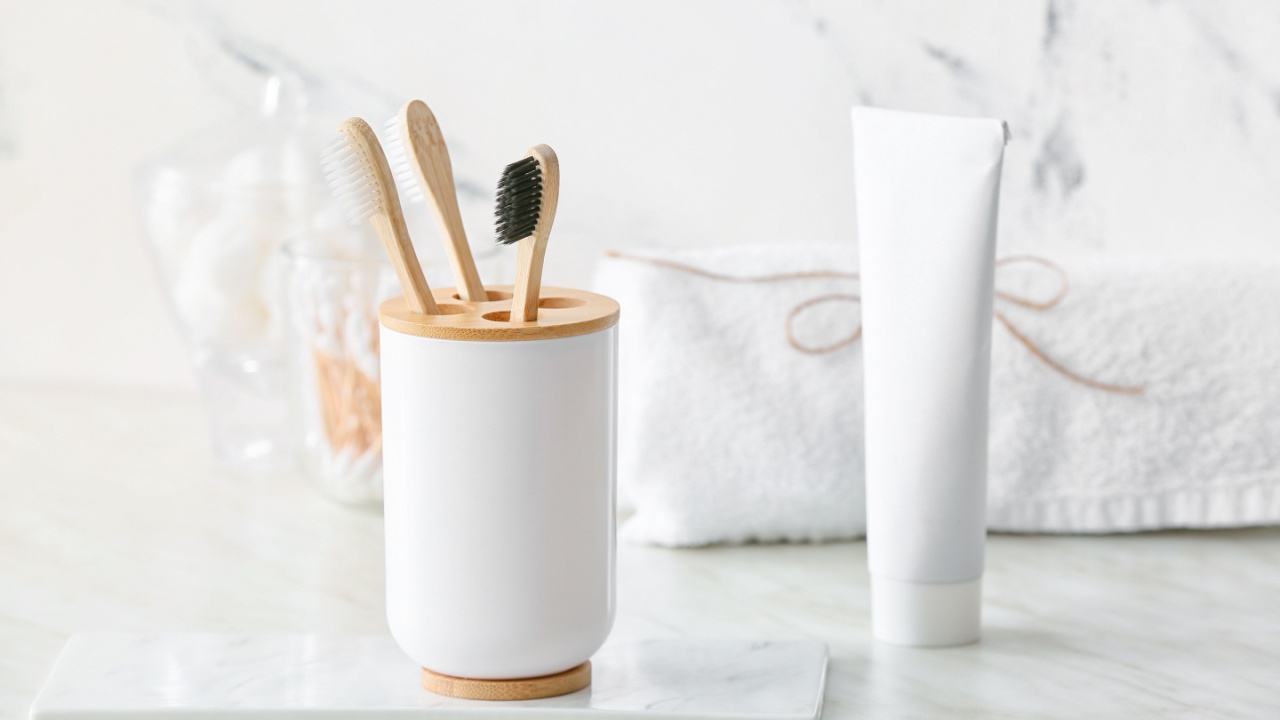
Your oral health impacts all other areas of your health. If your teeth aren’t taken care of, your physical health can quickly decline. Buying toothpaste tubes in bulk and stockpiling mouthwash and floss is cheaper than it sounds.
Generic toothpaste and mouthwash are affordable, and floss is almost always very cheap. If you’re prepping for potential outdoor emergencies, you can even stock up on toothpaste tablets that are easier to ration and use.
24. Honey

We’ve covered beeswax; now it’s time to talk about honey. Honey is one of those natural marvels whose benefits know no bounds. It promotes good dental health, acts as a moisturizer, and even kills germs in wounds.
The only thing to keep in mind when buying large quantities of honey is that not all honey is made the same. Try finding cheap bulk honey at local farmer’s markets to ensure quality.
25. Vitamins and MRE

The most important thing to focus on in an emergency is making sure you’re being fed and hydrated. During longer emergencies, you’ll need to make sure you’re getting vital nutrients to maintain your health.
Cheap vitamins and meal-ready-to-eat (MRE) powders can help you guarantee that you’re getting what your body needs to remain in good shape, with the latter offering additional benefits like fiber and protein.
26. Plastic Bags
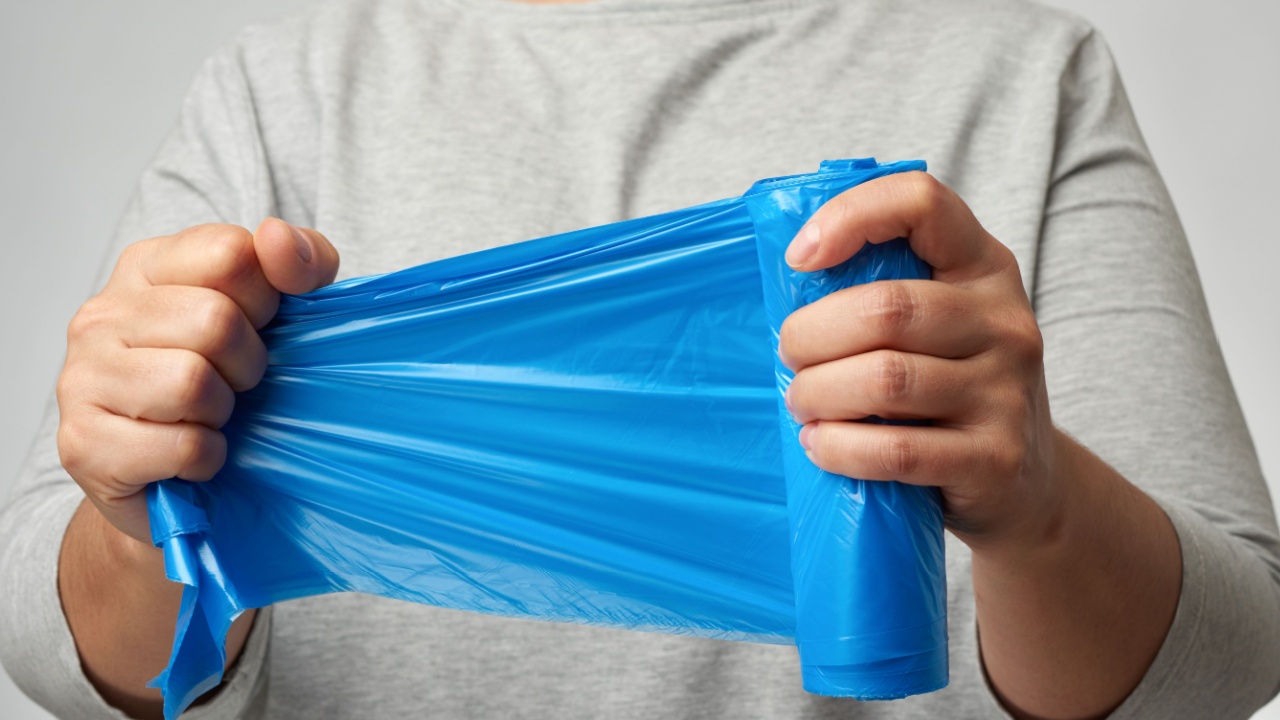
Plastic bags aren’t great for the environment, but they’re great for emergencies. Whether you need to store food and other items, transport items you find while scavenging, or keep your feet dry, you’ll rely on plastic bags to do the job.
You can buy boxes of food bags for cheap, and you get your plastic bags nearly for free every time you take a trip to the grocery store, helping you stock up on essential prepping items with minimal effort.
38 Things Every Prepper Should Stockpile That Aren’t Water, Food, or Weapons

This list extends beyond the basic survival trio of water, food, and weapons. It’s a given that we need to stock up on water, food, and a way to defend ourselves and what we have. But what other things will you need in a survival situation? None of us truly knows what TEOTWAWKI will really look like, although most of us have theories we think most likely. But whatever the situation is, there are certain supplies that it just makes sense to have on hand, aside from the obvious trio I mentioned above.
25 Winter Foraging Foods to Save Money on Your Grocery Bill
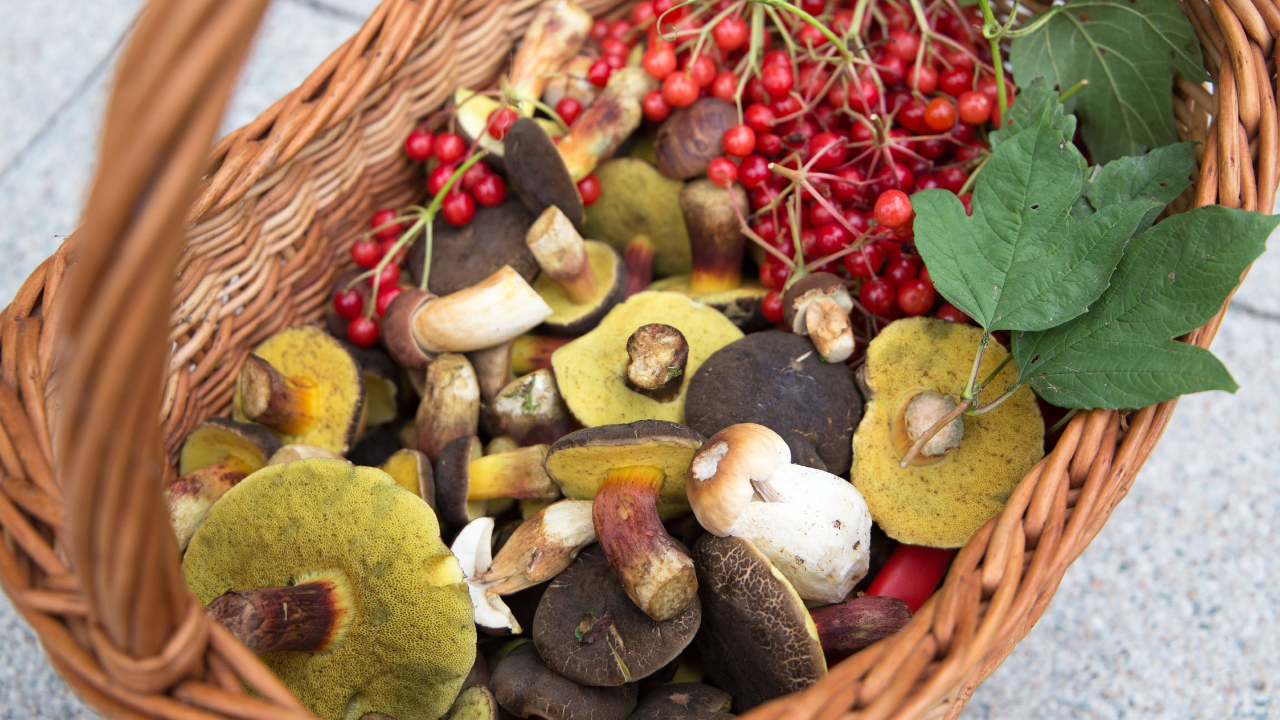
With food prices going up by 15% from October 2021 to October 2023, finding ways to cut down your grocery bills is more important than ever. Winter foraging is an awesome way to add to your pantry for free. Yes, you get free food in the form of wild edibles, but it’s also fun for the whole family, gets you moving, and reconnects you with nature.
Even though foraging in winter seems hard compared to the bounty of late summer, there’s still plenty out there if you know where to look. Plus, if things do go south, you need to know how to get wild foods to survive when there are no old-world supplies to access.
23 Smart Ways to Preserve Food
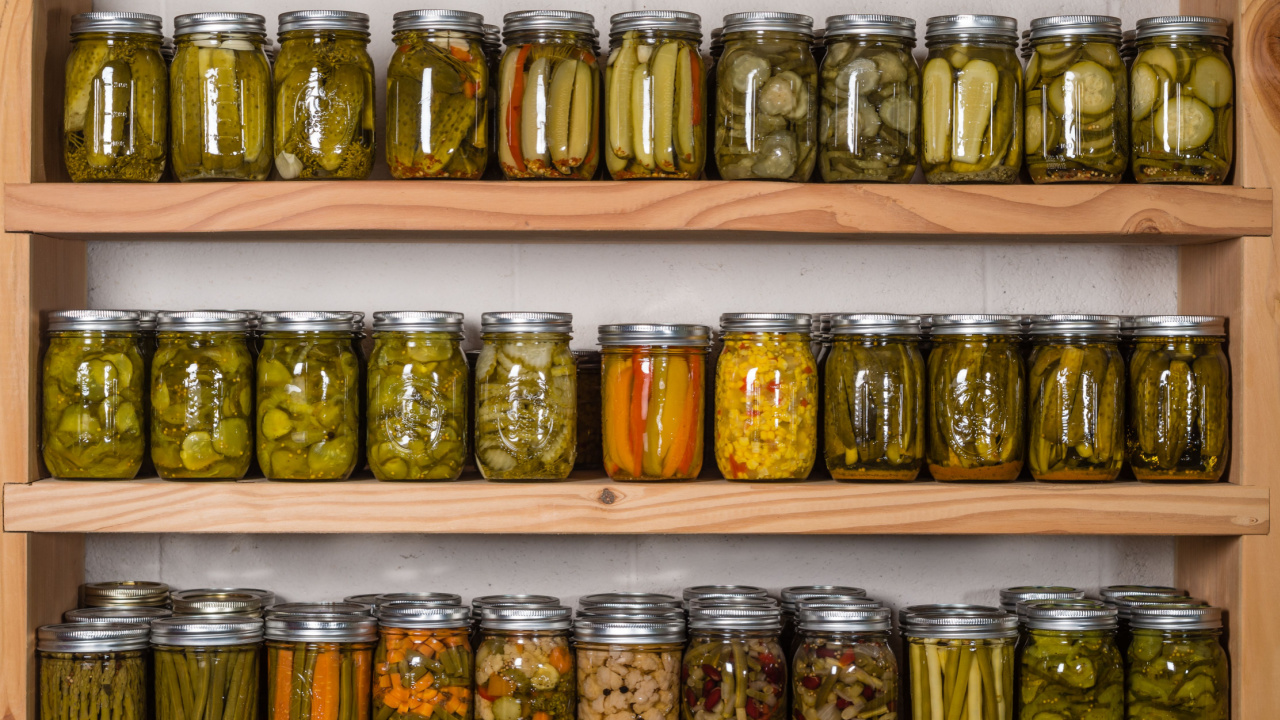
Preserving food is an art as much as it is a science, tapping into our ancestral roots and addressing modern needs. Whether you’re looking to avoid waste, prepare for leaner times, or simply enjoy the fruits of your labor year-round, these 23 smart methods will guide you through. I’m a huge fan of preserving things I find on sale, gluts of produce from my homestead, or produce I’ve bartered with someone else.


